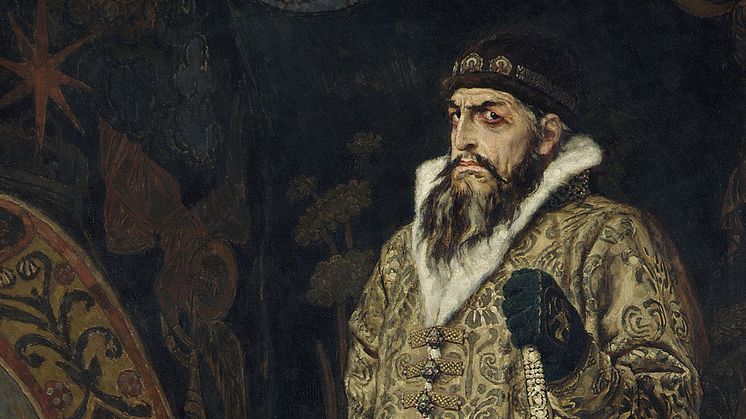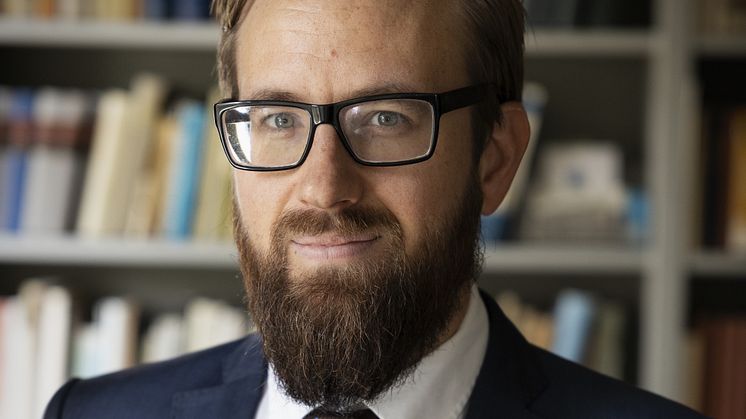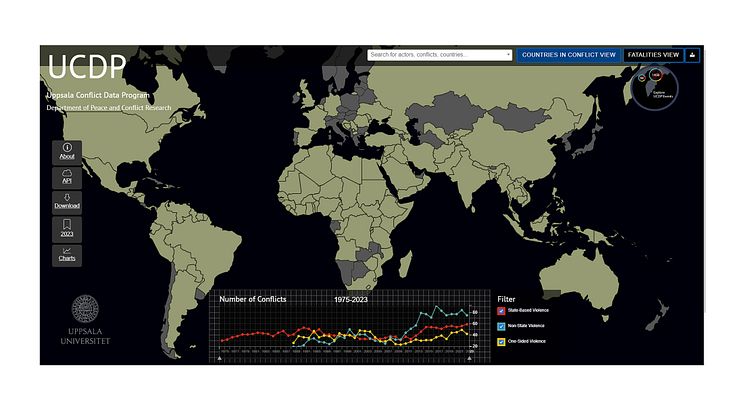
Should we stop saying ‘Russia’?
Should the world stop using the name ‘Russia’ and go back to the old name ‘Muscovy’? The question has been raised by critics of Russia in recent years and in his new book “Russia reverts to Muscovy”, Stefan Hedlund, Professor Emeritus of East European Studies, highlights several arguments in favour of a change of name.

